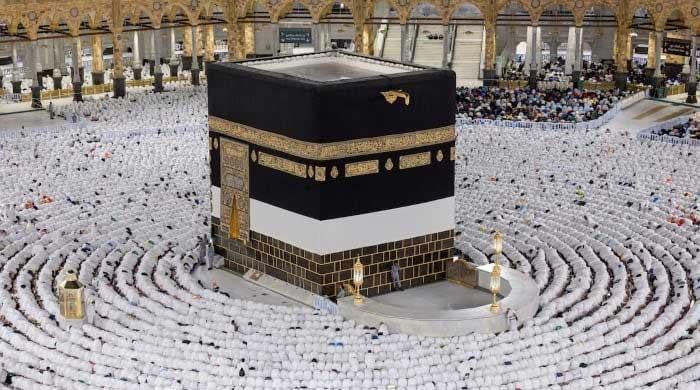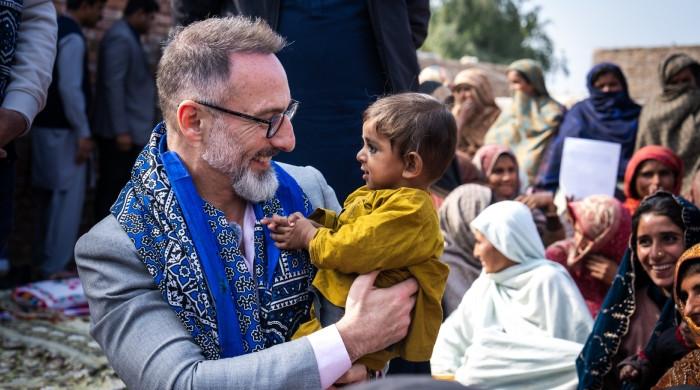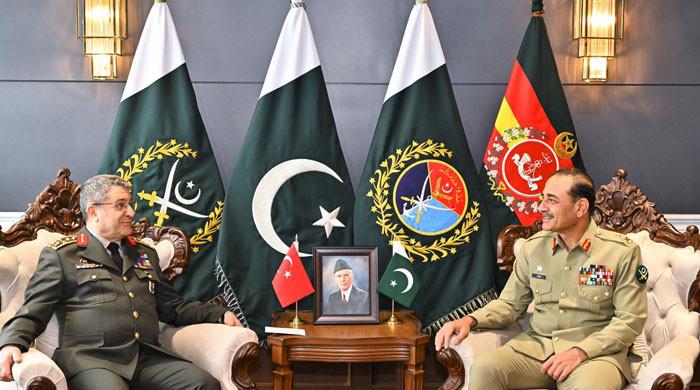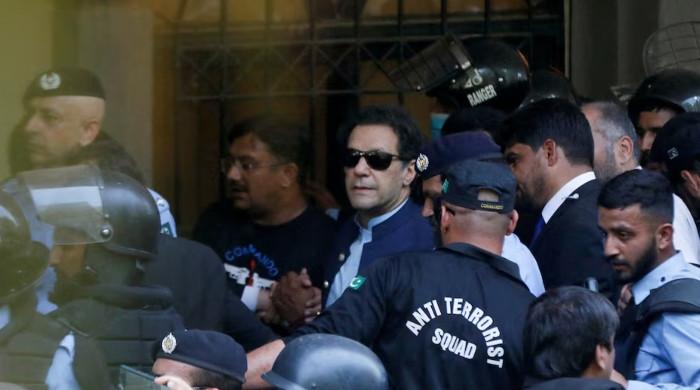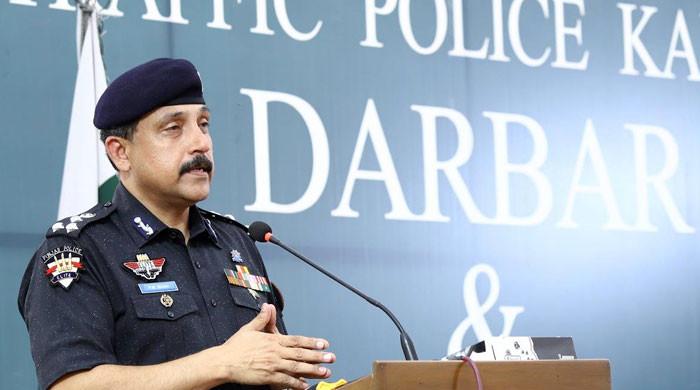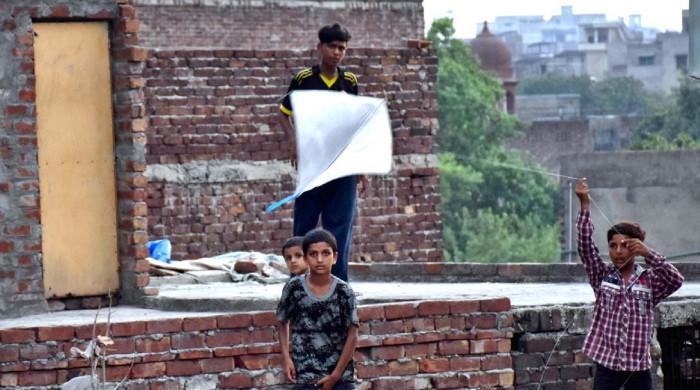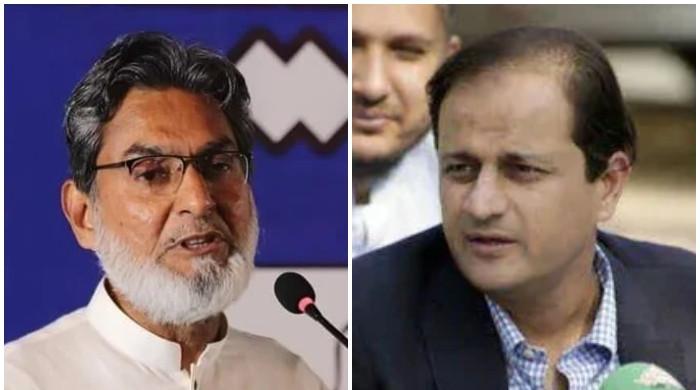Understanding Partition: Drawing bridges between history and memory
How the Partition affected women 'The Other Side of Silence: Voices from the Partition of India'
February 13, 2017
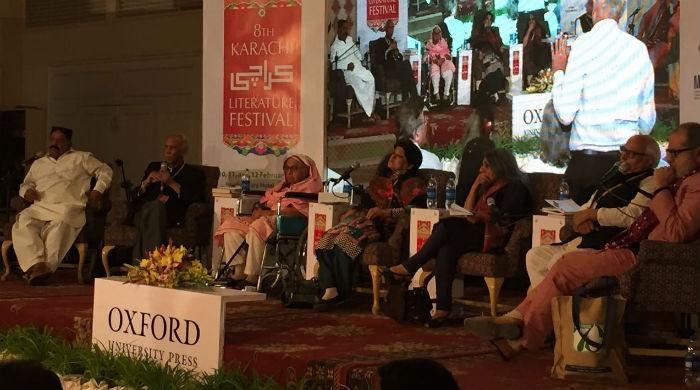
KARACHI: Partition of the sub-continent was not a singular event, it affected people and families on many different levels.
The Karachi Literature Festival saw two sessions on Sunday dedicated to understanding partition, reliving people’s harrowing experiences and paving way forward for the two countries.
In ‘Partition: Drawing Borders in Blood’, speakers focused on the plight of women. In 1947, South Asia witnessed one of the greatest migrations in history in which more than 50 to 80 million people crossed the border to save their lives, said historian Ishtiaq Ahmed, who was also moderator of the session.
“During the process, as many as 800,000 Muslims, Hindus and Sikhs were killed and about 90,000 women abducted, some of whom were never recovered,” he added.
However, even when some women were recovered their families refused to own them. Speaking on the issue, Urvashi Butalia, author of 'The Other Side of Silence: Voices from the Partition of India', said in India the issue became a religious one.
A woman who lived with another man was considered ‘untouchable’. “Some people still accepted their women after a process of Shuddhi [purification- a tradition rooted in Hinduism], however the main problem was of the children in their wombs. As a result, many women had to get abortions.”
Moreover, the narrative of women belonging to minority groups is almost absent from understanding of Partition.
Butalia, quoting her book, gave the example of Maya Rani. There was confusion regarding where her village would lie after Partition as it was on the border, as a result of which many Hindus and Muslims left it. Rani claimed that she stole jewellery from people’s houses. When asked why she wasn’t afraid, Rani remarked “Who’s going to take us away? Who’s going to kill us? We call ourselves Harijans [members of Hindu group belonging to lowest strata]. Hindus, Christians no one can take us away.”
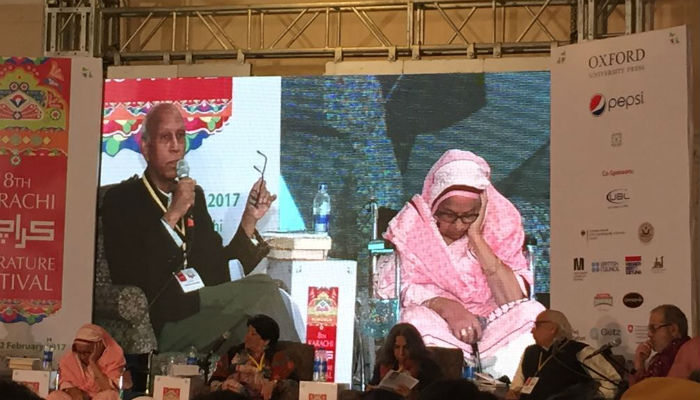
Woman divided in two nations
Present at the session was a woman, Harbhajan Kaur aka Shahnaz Begum, whose life was greatly impacted by Partition.
Kaur, from Sansi near Amritsar, witnessed the massacre of her husband during Partition in Pakistan. She then converted to Islam and married Afzal Khan. In 1962, she went to meet her family in India but her father forced Khan to leave her. As a result, she had to let go of her life in Pakistan and her children including a two-year-old son Rizwan, who was also present at the session.
She was then married off to Gurbachan Singh, who had a five-year-old son Romy. Later, when Romy moved abroad he called his parents to live with him and decided to help his mother find her missing children, whom she finally reunited with in 2013.
Changing perceptions
Romy’s willingness to help his step mother shows the extent which people go to help each other. “People will keep meeting their loved ones as long as humanity prevails,” Kaur's son Rizwan said .
In the narrative surrounding violence, we often tend to overlook the type of altruism that came to the front. Raising this point, Naheed said that her brother was bruised and berated during the Partition violence but members of Hindu community helped him. “We need to bring out such stories to the forefront to change the way perceive Partition,” said Naheed.
“If we want to change our history then we have to build trust between Hindus and Muslims,” said Indian author Sudheendra Kulkarni.
Discord between memory and history
Partition is not a mere event but a process, said historian Ayesha Jalal during the session titled ‘The Dawn of Freedom, The Pain of Partition’.
The session primarily focused on speakers discussing the way to combine the lens of history and memory to get a better understanding of Partition. “Focusing on human experience is important but memory is a problematic way to think of partition, pointed out Jalal. “The way we think about Partition is dependent on our current scenario. While it is important in its own way, personal experiences don’t explain why the partition occurred,” she added.
“History and memory are sisters. One cannot be valourised over the other,” remarked Butalia, explaining how the two are equally important to understand Partition.




